Adam Barth
How Open Should Open Source Be?
Sep 02, 2011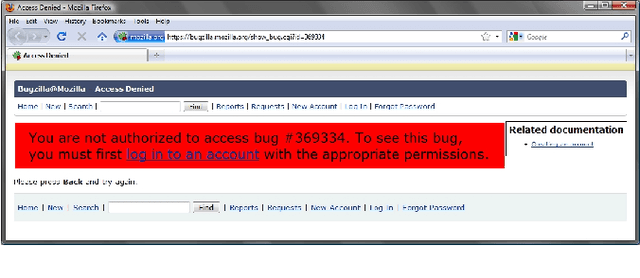
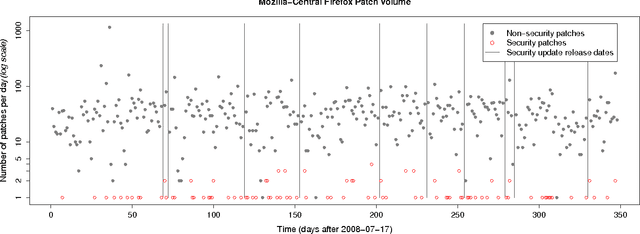
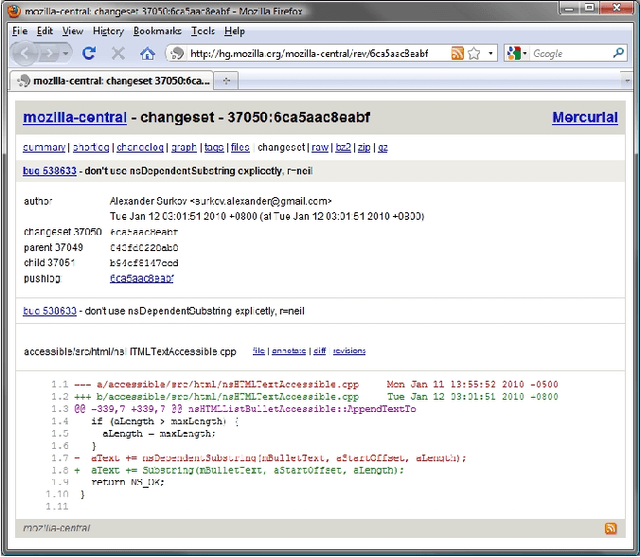
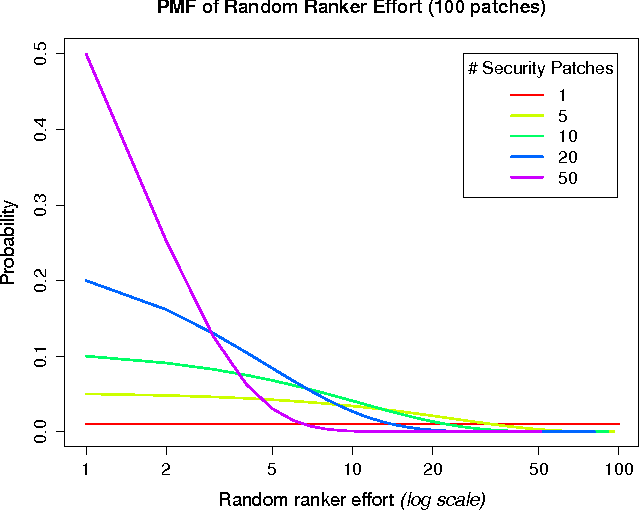
Abstract:Many open-source projects land security fixes in public repositories before shipping these patches to users. This paper presents attacks on such projects - taking Firefox as a case-study - that exploit patch metadata to efficiently search for security patches prior to shipping. Using access-restricted bug reports linked from patch descriptions, security patches can be immediately identified for 260 out of 300 days of Firefox 3 development. In response to Mozilla obfuscating descriptions, we show that machine learning can exploit metadata such as patch author to search for security patches, extending the total window of vulnerability by 5 months in an 8 month period when examining up to two patches daily. Finally we present strong evidence that further metadata obfuscation is unlikely to prevent information leaks, and we argue that open-source projects instead ought to keep security patches secret until they are ready to be released.
A Learning-Based Approach to Reactive Security
Dec 22, 2009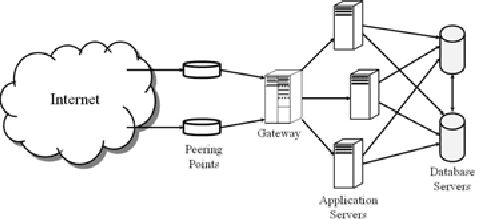



Abstract:Despite the conventional wisdom that proactive security is superior to reactive security, we show that reactive security can be competitive with proactive security as long as the reactive defender learns from past attacks instead of myopically overreacting to the last attack. Our game-theoretic model follows common practice in the security literature by making worst-case assumptions about the attacker: we grant the attacker complete knowledge of the defender's strategy and do not require the attacker to act rationally. In this model, we bound the competitive ratio between a reactive defense algorithm (which is inspired by online learning theory) and the best fixed proactive defense. Additionally, we show that, unlike proactive defenses, this reactive strategy is robust to a lack of information about the attacker's incentives and knowledge.
 Add to Chrome
Add to Chrome Add to Firefox
Add to Firefox Add to Edge
Add to Edge